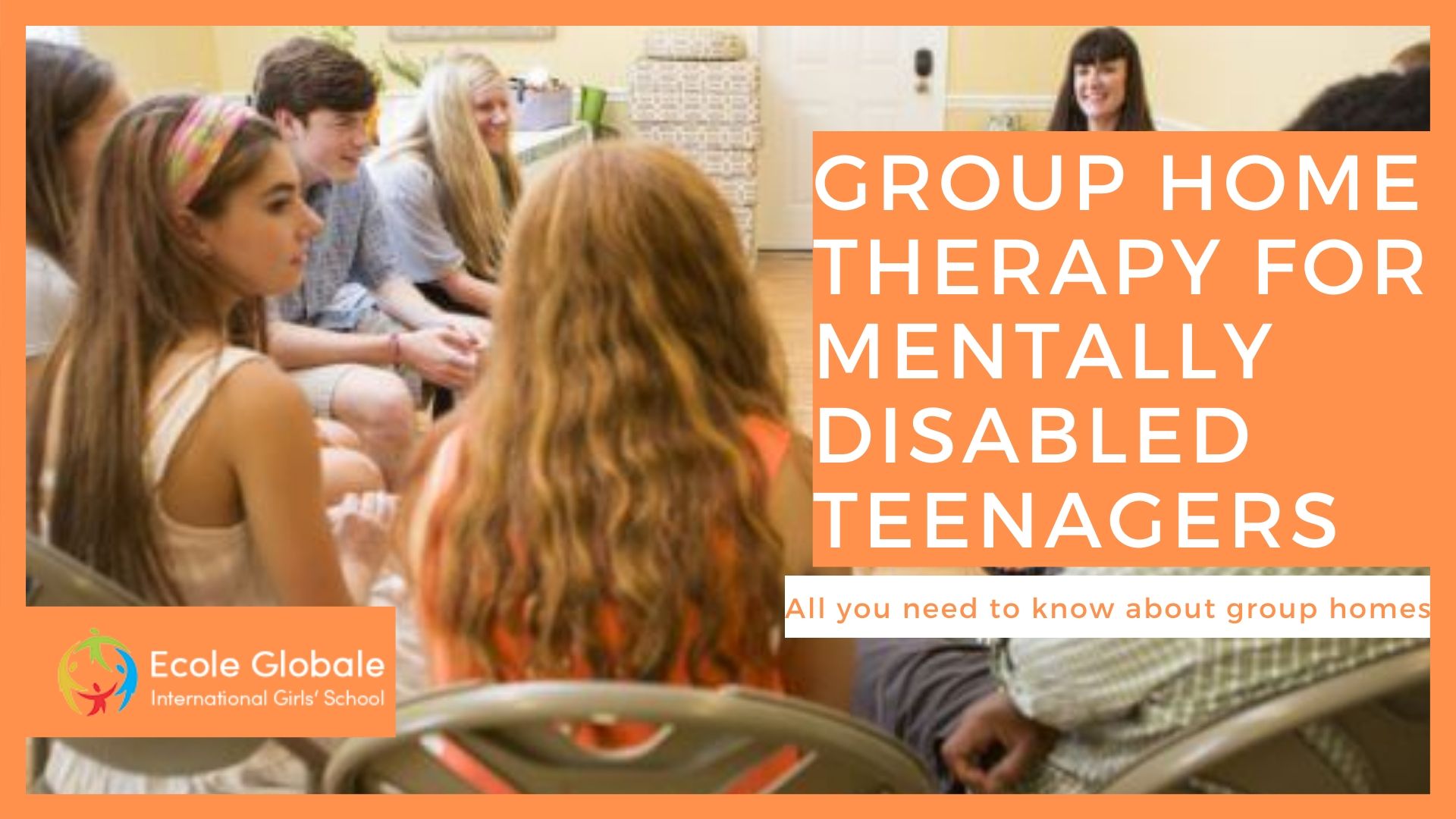It is painful for a parent to imagine their children to be inside a group home. There are mentally unstable children who deserve a proper residential setting because they need immense help. Group homes are more like their second homes where mentally unstable children are provided with 24/7 security, supervision. Unlike psychiatric hospitals, these large group of home therapy is more like a family. The staff members are trained professionally, as well. No matter what the person is struggling through, be it overeating, self-abuse issues, substance abuse issues or a case of self-harm, a group home provides a family-like environment which works as a therapy for them and helps them in making behavioural and emotional amendments. Group homes provide transitional care in comparison to residential care. It is always advised to move the teens to group homes from psychiatric hospitals so that they are able to work on their goals. There’s always an uncertainty regarding the goal of returning back home because the healing process totally depends on their mental stability.
All you need to know about group homes
As we already discussed, group homes are meant for children those who are suffering from mental disabilities provided that, the way they will be treated will be absolutely similar to that of any child studying in school or playing in a playground. Several impact and insightful learning activities are conducted to ensure a smooth recovery of mental instability. Academic progress can be monitored by making the victim regularly visit local public schools and a strict observation on his/her activities, especially how he/she receives the same. Teenagers can avail more privileges by earning more points or on a level-basis that monitors them on the basis of their level of improvement towards healing. Any significant changes land them into a normal life, step-by-step. If they are able to secure more points, they will be allowed to use electronics or go out often. Teenagers admitted in group homes keep themselves engaged in daily life activities including shopping, household chores, cleaning the house, washing clothes, preparing meals and participating in group discussions. Group home enables these teenagers to new life skills almost every day. To lead life independently, they learn how to wash their own clothes, prepare meals, anger management, etc..
Amenities of group homes
The first and foremost amenity need not be something materialistic, but it guides teens to be self-dependent, self-reliant, teaches life skills and how to stay positive throughout. Group homes offer specialized as well as personalized treatment for particular issues. Individual therapy, group therapy, drug education and anger management are few things are taught on a regular basis. If the goal is focused more on returning back to home, parental intervention is necessary.
Pros of group homes
Individual care is provided to each and every mentally disabled teenagers which provides them with a detailed insight on their performance and creates a therapeutic environment altogether. A homely atmosphere enables these teenagers to get along with people easily. Their emotional or behavioral problems can be well controlled and if any issues arise, can be addressed and solved, both by the therapists. Family members have always proven to be the biggest support, no matter what. They can develop new strategies to help their children overcome difficult strategies.
Cons of group homes
Such quality care can only be provided at an extremely high cost, which can be a big issue for financially weak people. As the patents are high, there may be unavailability of beds, most of the victims may have to keep waiting. Alteration of staff members can hamper the healthy attachment of your child with the previous one and can bring mood swings, attitude problems and eventually, the process can stretch a little longer.









